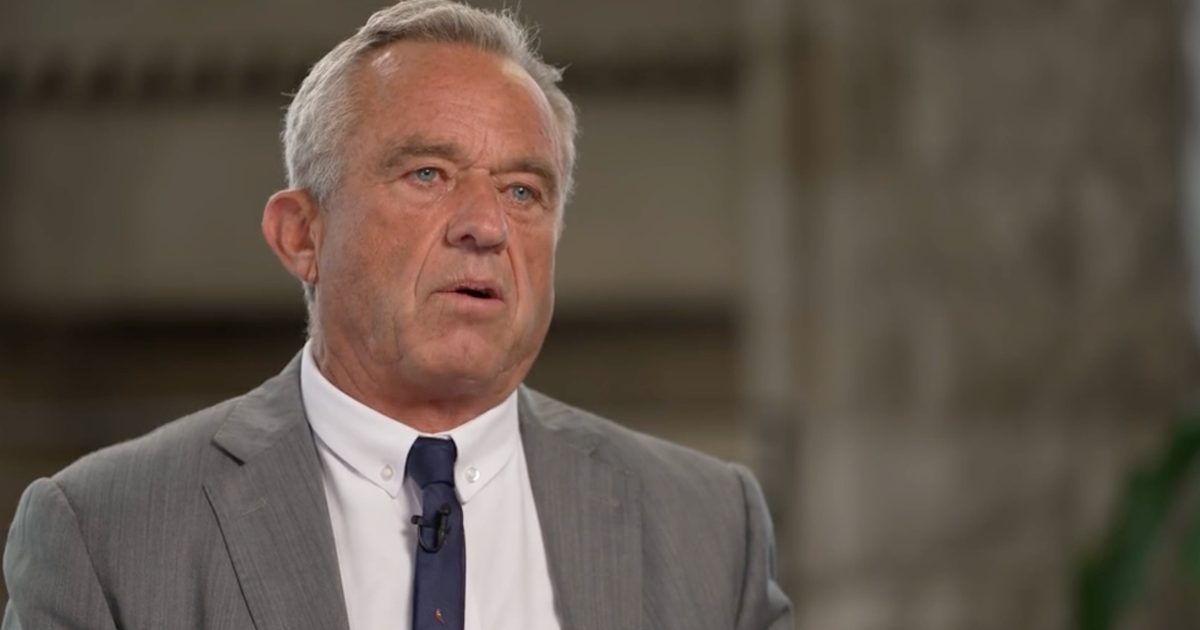Trump ensures Goldman Sachs' influence lives on
Once reviled as the epitome of Wall Street’s malignant sway over Washington, likened to a vampire squid and blasted by candidate Donald Trump, Goldman Sachs (GS) today is more influential than ever. With the appointment of Goldman’s second-in-command Gary Cohn as President-elect Trump’s top economic adviser, rather than being run out of town the firm is back riding high.
As the designated director of the National Economic Council, Cohn joins Steven Mnuchin, a former Goldman partner who Mr. Trump has nominated as Treasury secretary, in the pantheon of Washington power. The NEC oversees economic policymaking in the White House. That makes Goldman veterans the chief architects of the new administration’s economic initiatives, ranging from tax code overhaul to revamping banking regulation.
Cohn and Mnuchin are the latest in a long line of high-ranking federal officials from Goldman that stretches back to Franklin D. Roosevelt’s administration -- and gives rise to the mocking sobriquet Government Sachs.
The ascension of the two men comes amid a robust run in Goldman’s share price since Election Day. Its stock is the strongest performer in the Dow Jones industrials index starting Nov. 8, up 32 percent and accounting for about a third of the blue-chip benchmark’s record-setting advance, according to the Bespoke Investment Group.
Goldman’s strength in helping hedge funds’ trading and in merger advisory work could power its bottom line mightily in the future, analysts say. Many of them expect merger activity to expand under a Trump administration less enamored of antitrust enforcement than its predecessor.
“Even though Goldman symbolizes everything that has gone wrong with Wall Street, they are a survivor,” said Christopher Whalen, head of research for the Kroll Bond Rating Agency and a longtime student of investment banks.
In the wake of the financial crisis, Goldman found itself pilloried. In 2011, the Senate Permanent Subcommittee on Investigations castigated the firm for promoting questionable mortgage-backed securities and then placing negative bets against the mortgage market. The investment bank paid $5 billion to settle Justice Department charges it had sold shoddy mortgage products and another $550 million in a Securities and Exchange Commission action.
In a scathing 2009 article in Rolling Stone magazine, author Matt Taibbi decried Goldman’s power and ubiquity, writing: “The world’s most powerful investment bank is a great vampire squid wrapped around the face of humanity, relentlessly jamming its blood funnel into anything that smells like money.”
During the past election year, Mr. Trump used Goldman as his main whipping boy amid diatribes against Wall Street for sapping working Americans’ wealth. One Trump campaign TV ad, which criticized “a global power structure” that has “robbed our working class,” showed a picture of Goldman Chief Executive Lloyd Blankfein. As a candidate, Mr. Trump also slammed Democratic opponent Hillary Clinton for earning large sums from speeches at Goldman events.
So Mr. Trump’s hiring choices have opened him up to charges of hypocrisy. As Marcus Stanley, policy director at Americans for Financial Reform, put it: “Trump talked about the rigged system. It is a recipe for maintaining that rigged status quo.” His organization calls for tighter regulations on the financial companies. Neither the Trump transition team nor Goldman responded to requests for comment.
But now all is apparently forgiven for Goldman. Mr. Trump famously said he wanted to “drain the swamp” in Washington of cozy insider connections and conflicts of interest. On the other hand, his embrace of two Goldman guys (there’s actually a third, if you count the incoming White House top strategist, Stephen Bannon, a Goldman alum who since has turned harshly against Wall Street) has an upside for Mr. Trump.
It likely reflects his desire to surround himself with, as he once put it, “the best people” for key jobs. No one denies that Mnuchin and Cohn are very knowledgeable and accomplished.
In naming 26-year Goldman veteran Cohn to the NEC post, Mr. Trump homed in on his expertise: “He fully understands the economy and will use all of his vast knowledge and experience to make sure the American people start winning again.” The Senate must confirm Mnuchin as Treasury head, but Cohn’s NEC appointment doesn’t require its approval.
Personal considerations may have played a role in Mr. Trump’s picks of his top two economic lieutenants. Mnuchin, who left Goldman in 2002 after 17 years to run a hedge fund and then a bank, served as the Trump campaign finance chairman, but Cohn played no role in the election, and is a registered Democrat who has given to both parties. Still, both men are good friends with Jared Kushner, Mr. Trump’s son-in-law and a close adviser.
For certain, the president-elect’s turning to Goldman for high-level hires is part of a storied tradition of the investment bank’s people populating the halls of Washington power. “Goldman is the most political firm on Wall Street,” Kroll’s Whalen said.
Although Goldman’s political action committee gives about $ 1 million yearly to election campaigns, which isn’t a lot, the wellspring of its influence is the diaspora of Goldman-ites to government positions. Government officials from the firm make a point of hiring other Goldman people in Washington. Although Goldman is far from alone among Wall Street firms in nabbing top federal jobs, it arguably has the most extensive representation.
That phenomenon began during World War II, when Goldman’s chairman at the time, Sidney Weinberg, ran FDR’s war production board. After the war, Weinberg returned to the firm and used all the connections he had made in Corporate America to lure new business.
Flash forward to recent times, and the the Goldman-government roster has swelled remarkably.
During the Clinton administration, Goldman’s co-chief operating officer Robert Rubin was Treasury secretary. Under George W. Bush, Goldman CEO Henry Paulson headed the Treasury Department. In the Barack Obama era, Goldman partner Gary Gensler served as undersecretary of the Treasury and then head of the Commodity Futures Trading Commission.
Goldman alumni these days also are found peppered throughout the Federal Reserve. Neel Kashkari, who was in investment banking at Goldman and worked for Paulson at Treasury where he ran the bank bailout program, became president of the Federal Reserve Bank of Minneapolis a year ago. That brings to four the roster of Goldman alums heading Fed regional banks, including William Dudley in New York, Robert Kaplan in Dallas and Patrick Harker in Philadelphia.
Whether Rolling Stone was right in its florid comparison of Goldman to a vampire squid, another sea creature is surely apt when describing the firm’s reach in government: an octopus.



